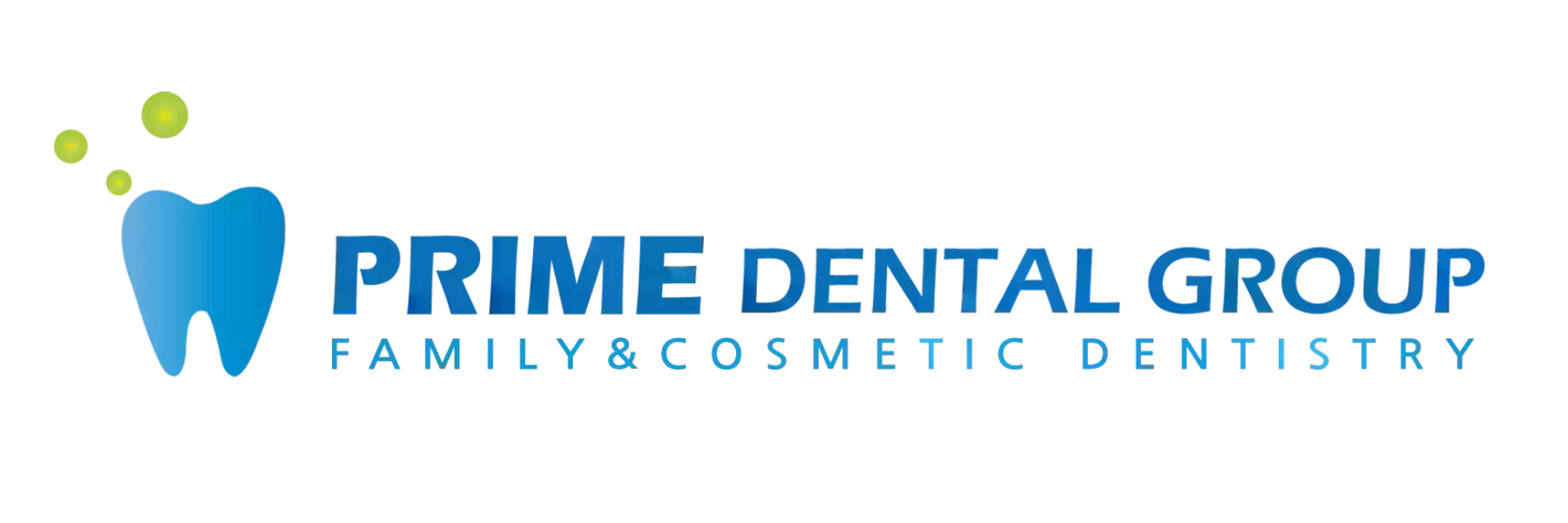Why Is My Tooth Discolored? 10 Causes of Tooth Discoloration
“Why is my tooth discolored?”
Many people ask this question. Tooth discoloration is a common problem that many people struggle with. But what causes it, and how to avoid the problem?
In this article, there are 10 different possible explanations and their related symptoms below!
10 Most Common Causes of Tooth Discoloration
- Foods/drinks:
- Foods and beverages like coffee, tea, cola drinks, wine, and fruit can leave a stain on your teeth.
- If you notice tooth discoloration after eating certain foods, it might be time to make some dietary changes.
- Foods and beverages like coffee, tea, cola drinks, wine, and fruit can leave a stain on your teeth.
- Tobacco:
- Teeth can permanently discolor due to the effects of tobacco use. For example, chewing and smoking cigarettes, chewing leafy substances like betel nuts (also known as areca nut) or paan masala can cause tooth coloration.
- Because they are made from various ingredients that stain teeth yellowish-brown making them look dirty rather than healthy white!
- Poor dental hygiene:
- If you don’t brush, floss, and rinse enough to remove plaque and stain-producing substances from your mouth, it will also cause tooth stains.
- Disease:
- Some diseases, like ones that affect the enamel or dentin, make them discolor. Also, treatments for certain conditions can affect tooth color.
- For instance, radiation therapy on the head and neck area can lead to teeth discoloration.
- Additionally, certain infections in pregnant mothers can lead to tooth discoloration in their children by affecting enamel development.
- Medications:
- Some antibiotics, such as tetracycline, have been linked to tooth discoloration.
- Especially it is critical for children, particularly tooth development.
- This is a side effect you need to know about before giving your child such medication to avoid any change in the color of their teeth.
- Also, mouthwashes containing chlorhexidine might stain teeth.
- Dental materials:
- Some dental materials, such as amalgam restorations, can have a negative impact on the teeth.
- This material can result in a gray-black coloration seen more prominently in teeth not covered by composite resins.
- Aging:
- As you grow older, the outermost layer of enamel on your teeth will wear away, revealing the natural color of dentin.
- Genetics:
- Some people have teeth with thicker enamel than others. Others have thinner, and they can show yellow dentin underneath.
- Fluoride:
- Excessive fluoride can cause teeth to get discolored.
- If someone takes too much fluoride applications, rinses, toothpaste, and oral supplements, it can cause teeth discoloration.
- Trauma:
- Teeth can be damaged by a lot of things, like falling and trauma.
- The teeth might discolor or fracture as a result of it.
- If you bump your tooth hard, it can get a dark color after it has healed. Blood accumulates in the dentin tubules and makes the color darker.
- This may interrupt tooth development in young children who have yet to develop enamel formation of their teeth.
If tooth discoloration is a problem for you, it’s essential to know the cause. While tooth staining can be caused by several factors, including diet and tobacco use, there are still ways to avoid tooth stains from occurring in your mouth.
One way to reduce tooth stain risk is through good oral hygiene habits.
- Brush twice daily with an anti-cavity toothpaste that contains fluoride.
- Brush at least 30 minutes after eating or drinking anything sugary or acidic.
- Rinse well after brushing teeth.
- Floss once per day.
- Limit consumption of foods and drinks which will leave a dye on teeth like coffee, tea, cola drinks, etc.
- Visit the dentist regularly for cleanings/checkups where they will remove tooth stains.
If you have a tooth discoloration problem, however, there are several things your dentist can do to help improve the appearance of those teeth. We will discuss how to prevent tooth discoloration and treat teeth stains in the following article.
If you have any concerns about your tooth discoloration, contact your family’s dentist in Bellevue and Lynnwood to control your dental health. To make an appointment, call us at Bellevue Prime Dental (425) 605-3575 or Lynnwood Prime Dental (425) 251-0707 today.
